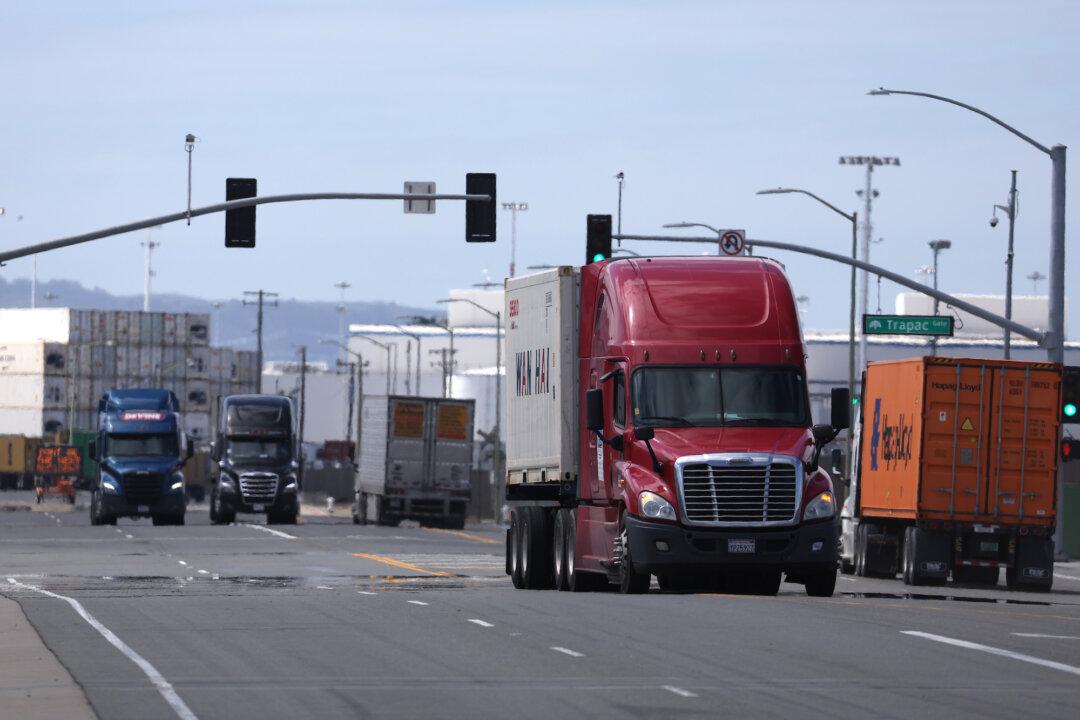California state air regulators and truck and engine manufacturers said on Thursday they had agreed on state emissions rules that will give companies more flexibility to meet requirements.
The California Air Resources Board (CARB) said the “Clean Truck Partnership” with the Truck and Engine Manufacturers Association (EMA) includes new flexibility for manufacturers to meet emissions requirements while reaching state goals for reducing emissions.
Elizabeth is a SoCal based reporter covering issues in Los Angeles and throughout the state for The Epoch Times. She is passionate about creating truthful and accurate stories for readers to connect with. When she’s not reporting, she enjoys writing poetry, playing basketball, embarking on new adventures and spending quality time with her family and friends.
Author’s Selected Articles





